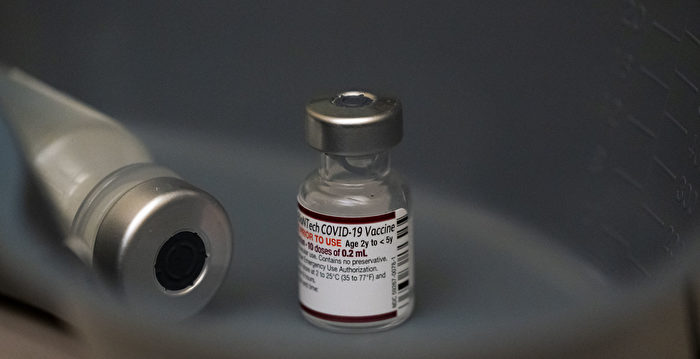The protests in Guatemala do not subside and for the sixth consecutive day thousands of people took to the streets in the country to demand the resignation of the attorney general and a judge, whom they accuse of trying to prevent the elected president Bernardo Arévalo from taking office in January through different legal maneuvers.
The protests began on Monday with blockades in 14 points of the country and on Saturday 72 roads were closed in 18 of the 22 departments of Guatemala, according to a report from the General Directorate of Road Protection and Safety (Provial).
That same Saturday morning, the Constitutional Court admitted a provisional protection requested by citizens against President Alejandro Giammattei, his ministers and Attorney General Consuelo Porras so that democratic procedures are guaranteed and the change of power, scheduled for January 14.
The court noted in a statement that with the admission of the amparo, the authorities are required to “preserve the democratic regime of the State, especially the alternation in the exercise of power.”
Porras is accused by various critics of authorizing prosecutors Rafael Curruchiche, Cinthia Monterroso and Leonor Eufemia Morales Lazo to proceed against the electoral process, the president-elect and his Movimiento Semilla party, as well as against the judges of the Supreme Electoral Tribunal, in an attempt of not recognizing the results of the last presidential election.
The government has asked Luis Almagro, secretary general of the Organization of American States (OAS), to mediate to resolve the situation in the country.
On Tuesday, the OAS Permanent Council will meet to discuss the situation in the Central American country, which it has said is of utmost concern.
Arévalo has blamed Porras for the situation in the country and for attempting what he described as “a coup d’état.”
Porras, Curruchiche, Monterroso and Orellana were sanctioned by the US government, revoking their entry visa to that country, for obstructing the anti-corruption fight, undermining democracy in the country and issuing judicial resolutions with political intentions.
source La Jornada


